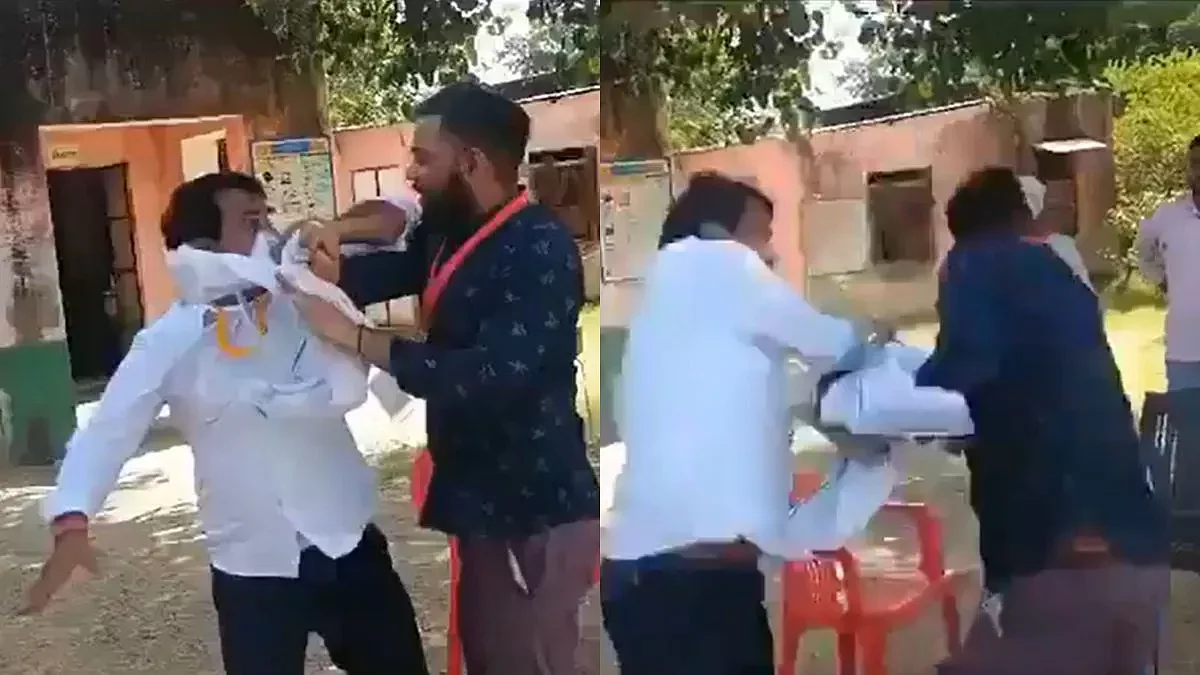Several health experts have called for preparations for the third wave of COVID-19, which they predict will hit India later this year. They have also warned that children will be affected in the third wave. However, the Central government on Monday said there is no indication "as of now" that it will severely affect the children.
This comes after the Indian Academy of Paediatrics (IAP), a body representing paediatricians across the country, on Saturday said it was "highly unlikely that the third wave will predominantly or exclusively affect children".
The IAP said that almost 90 per cent of the infections in children so far has been mild or asymptomatic. "The most important reason is the lesser expression of specific receptors to which this virus binds to enter the host, and also their immune system. A very small percentage of infected children may develop moderate-severe disease. If there is a massive increase in the overall numbers of infected individuals, a large number of children with moderate-severe disease may be seen," it said.
In the first wave, the severe disease occurred primarily in the elderly and individuals with co-morbidities. In the current (second) wave, large number of younger age group (30-45 years) individuals have developed the severe disease as also those without co-morbidities, said IAP. Now, after the second wave is over, if we do not continue following COVID appropriate behaviour, the third wave (if it occurs) is likely to infect the remaining non-immune individuals – that may include children also, IAP advisory added.
"Children are as susceptible as adults and older individuals to develop infection, but not severe disease. It is highly unlikely that the third wave will predominantly or exclusively affect children," it further said.
Meanwhile, talking about the effect of the pandemic on children and young people, AIIMS, Delhi director Randeep Guleria on Monday said that children have suffered collateral damage due to mental stress, smartphone addiction and education challenges amid the ongoing COVID-19 pandemic.











